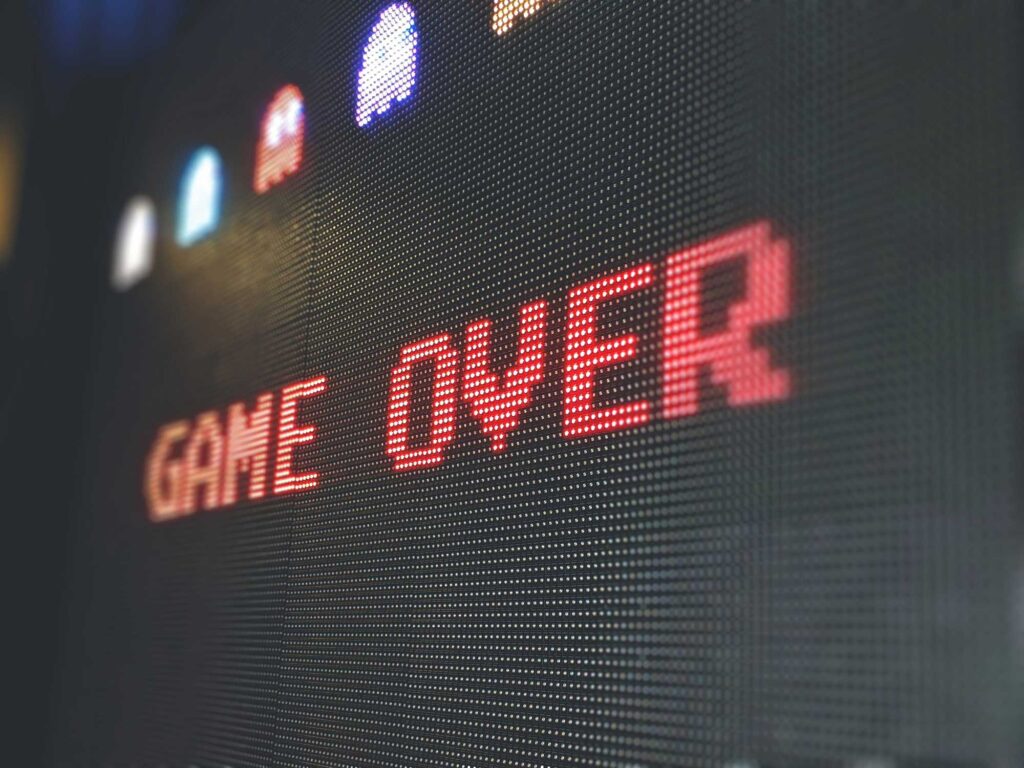
The stock market was shaken recently by users on the Reddit r/wallstreetbets community, who banded together to make GameStop the unlikely epicenter of an attack on Wall Street trading. But what exactly happened, how did it happen and what could this mean for the future of the stock market? Read on to find out more.
What happened to GameStop’s stocks?
The “GameStop short squeeze” happened in January 2021, with users on the subreddit r/wallstreetbets pushing up the stock price of failing video games retailer GameStop by buying stocks in the company. As a result of these efforts, GameStop’s stock price rose by 1500% to $347.51 by January 27 over the course of 2 weeks. According to Dow Jones market data, more than 175 million shares of GameStop were traded on January 25, the second largest total in a single day, surpassing its 30-day average volume of 29.8 million shares.
Following this initial incident, on 28 January 2021 some brokerages including the American company Robinhood halted trading on stocks including GameStop’s, citing an inability to post sufficient collateral at clearing houses to execute their clients’ orders. This decision drew a great deal of criticism from politicians and businesspeople, who claimed that the brokerages were protecting hedge fund investors and big corporations at the expense of independent investors.
How did it happen?
The driving mechanism behind the GameStop short squeeze was the practice of short selling. Put simply, where long selling is how most people assume trading typically works, where traders buy stocks in a given company or asset and sell them later in the hopes that the price will increase, short selling involves selling an asset to buy it back later in the hopes that the price will decrease- essentially, short selling is betting on a company to fail.
The r/wallstreetbets users noticed that hedge funds, investment funds that traders use to short sell at scale, were all betting against GameStop’s financial success- a fair bet, as the company has been struggling as a result of the Covid-19 pandemic among other factors. To counteract these hedge funds, the users all decided to buy shares in GameStop, hoping this would increase the company’s price on the stock market.
This worked, and as a result the hedge funds that were short selling the company were forced to buy it back at a higher price than they sold it at, losing billions of dollars as demand outstripped supply. By 28 January 2021, Melvin Capital, an investment fund that had heavily shorted GameStop, had lost 30% of its value since the start of 2021, suffering a 53% loss of its investments by the end of January.
This is not the first time that investors have created a short squeeze in an attempt to retaliate against Wall Street. In 1923, Southern businessman Clarence Saunders attempted to buy stocks in American supermarket chain Piggly Wiggly to drive the price up. Saunders managed to increase the company’s share price from a low of $39 in late 1922 to $124 by 20 March 1923, but in response to his efforts the New York Stock Exchange changed the rules, indefinitely suspending trading of Piggly Wiggly stock and giving the Wall Street speculators additional time to deliver the stock. Saunders’ gambit ended up bankrupting him (though he did manage to bounce back, to his credit), but in the intervening 98 years since his attempts the socio-political climate has changed significantly, and the consequences of this latest short squeeze may be more complex and far-reaching than they were for the Piggly Wiggly empire.
What does this mean for the stock market?
In terms of raw financial statistics, it appears that this GameStop short squeeze has come on gone- after the initial surge in prices in January 2021, with a peak of $347.51, the company is currently trading at a modest $52.40- higher than before the short squeeze but not substantially so. This decrease in price resulted in many r/wallstreetbets users losing money as a result of buying GameStop shares, though a number of users have argued that the losses are inconsequential compared to the “message” sent to Wall Street traders.
What is a more interesting conversation is what this event could mean for the future of the stock market. The sudden and unexpected increase in prices through r/wallstreetbets’ coordinated efforts, as well as the response from Robinhood and other brokerages, put the stock market and the nature of trading in the public eye in a way it has not been for a long time. This extra limelight the stock market has received could bring about some legislative changes, with the controversy reaching prominent figures across the political spectrum.
Following the GameStop short squeeze, in January 2021 US Treasury Secretary Janet Yellen convened a meeting of financial regulators, including the heads of the Securities and Exchange Commission, Federal Reserve, Federal Reserve Bank of New York and the Commodity Futures Trading Commission, to discuss the volatility surrounding the event.
While the regulators will have been unlikely to find any significant systemic risk to the volatility, conversations are being had about the volatile nature of the stock market that could have repercussions for years to come. In addition, the House Financial Services Committee convened a hearing titled Game Stopped? Who Wins and Loses When Short Sellers, Social Media, and Retail Investors Collide on February 18, with witnesses including Reddit user and investor Keith Gill, Citadel CEO Ken Griffin, Reddit CEO Steve Huffman, Melvin Capital CEO Gabriel Plotkin and Robinhood CEO Vladimir Tenev.
Robinhood’s decision to halt trading on Gamestop has also resulted in a number of class-action lawsuits against the broker, with defendants claiming that Robinhood was manipulating the open market, at the detriment of independent investors, to protect institutional investment. Depending on the outcomes of these lawsuits, with Robinhood facing 34 as of 2 February 2021, a legal precedent could be established that could result in trading regulations for brokers being revised significantly.

